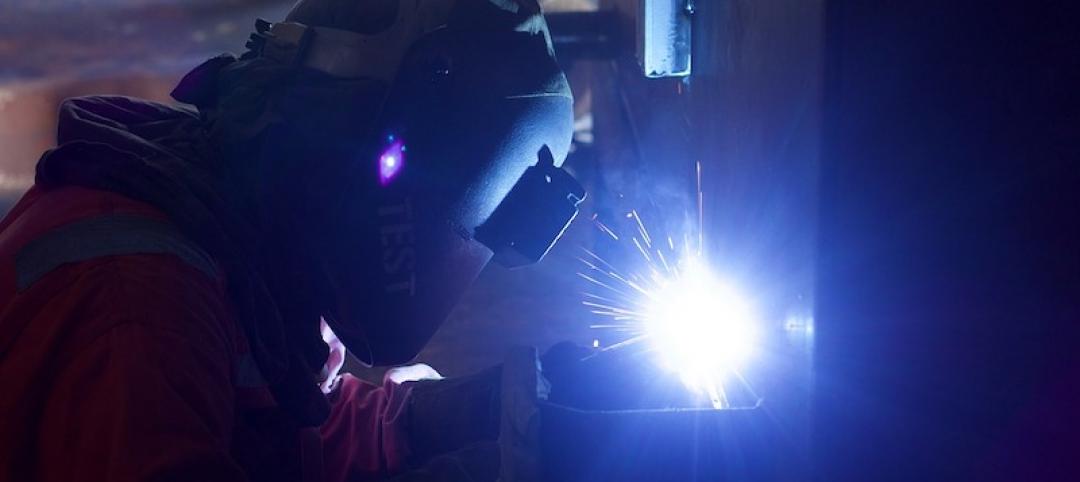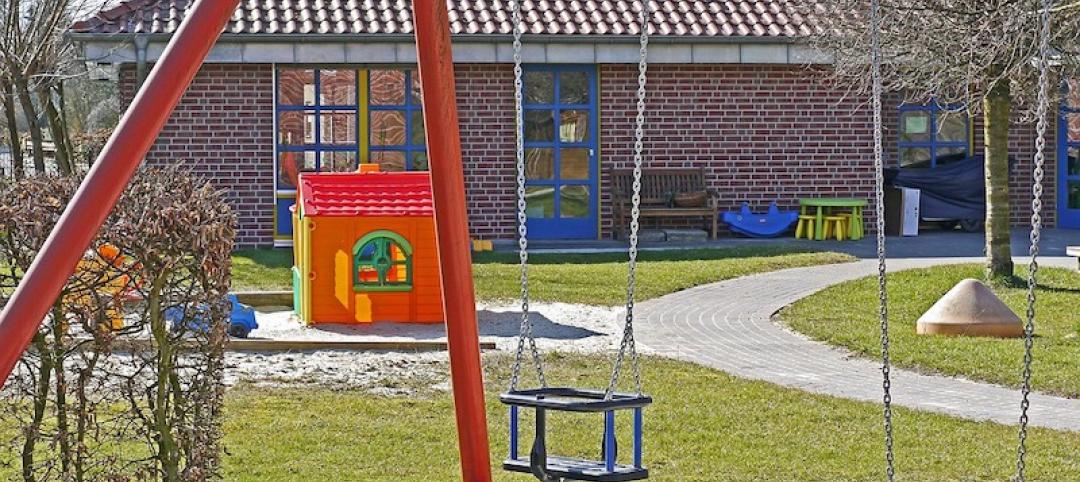The U.S. Department of Energy recently launched the zero energy schools accelerator, an effort to develop cost-competitive zero energy school design.
Six school districts, two states, and several national organizations are working collaboratively on the effort. DOE defines a zero energy building as “an energy-efficient building, where on a source energy basis, the actual delivered energy is less than or equal to the onsite renewable exported energy.”
The program’s goal is to quickly make Zero Energy K-12 schools more mainstream. Participating school districts commit to developing their own zero energy plans for a district project within a year. They can also engage with fellow states and school districts, and gain support from regional and national organizations.
Officials kicked off the program at a school in Arlington, Va., that features advanced next generation energy efficiency and renewable power features, including solar rooftop and geothermal heating and cooling systems. Zero Energy schools have the potential to save 65%-to-80% in energy consumption, depending on climate the zone, DoE says.
Related Stories
Codes and Standards | May 15, 2019
OSHA inspections to increase, says Secretary of Labor
Newly hired inspectors getting up to speed.
Codes and Standards | May 14, 2019
Database records more than 1,360 K-12 school shooting incidents since 1970
Naval Postgraduate School program maps locations nationwide.
Codes and Standards | May 13, 2019
In many cities, downtown housing comes with a hefty premium
Urban core living costs hundreds of thousands more in largest U.S. cities.
Codes and Standards | May 7, 2019
San Francisco plan would require largest commercial buildings to use 100% renewable electricity
First in the U.S. mandate would be phased in from 2022 to 2030.
Codes and Standards | May 7, 2019
ABC says best practices can improve construction companies’ safety by 680%
Daily ‘toolbox safety talks’ were most effective safety measures.
Codes and Standards | May 7, 2019
Office noise significantly reducing employee concentration, productivity, and creativity
Workplace distractions cause some to choose to work remotely.
Codes and Standards | May 7, 2019
WSP USA says it will be carbon neutral in 2019
Engineering firm will offset carbon at all offices and with employee business travel.
Codes and Standards | Apr 25, 2019
Report: Contractors invest $1.6 billion in workforce development annually
ABC members increased training spending 45% from 2013, according to a new report.
Codes and Standards | Apr 25, 2019
New York City’s Green New Deal would ban all-glass skyscrapers
The ambitious plan would also boost affordable housing, reduce building emissions, and update codes to account for sea level rise.
Codes and Standards | Apr 25, 2019
Chicago, Houston, and Dallas deemed ‘most dangerous cities for migratory birds’
The three cities are in the heart of North America’s most trafficked aerial corridors.

















